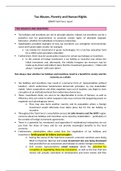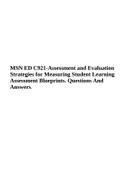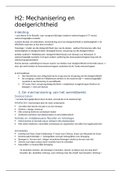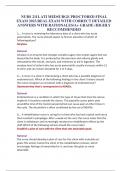Summary
Summary on the text by IBAHRI - International Bar Association’s Human Rights Institute (IBAHRI) (2013). Tax Abuses, Poverty and Human Rights
- Course
- Institution
Summary on the text International Bar Association’s Human Rights Institute (IBAHRI) (2013). Tax Abuses, Poverty and Human Rights, section ‘Tax holidays and incentives’ (pp. 39-44), and section ‘Responsibility of the legal profession to respect human rights’ (pp. 125-132).
[Show more]












